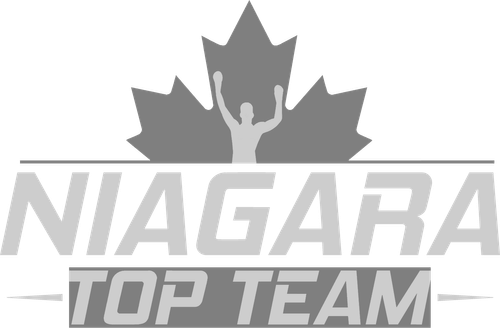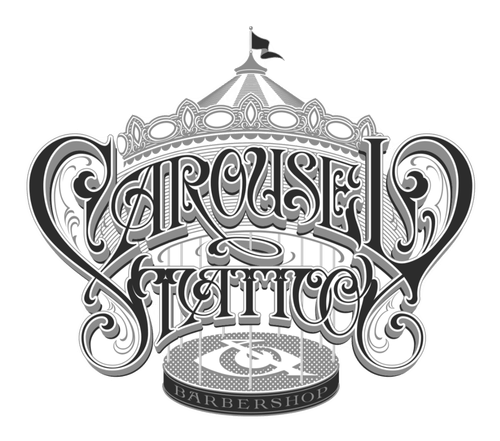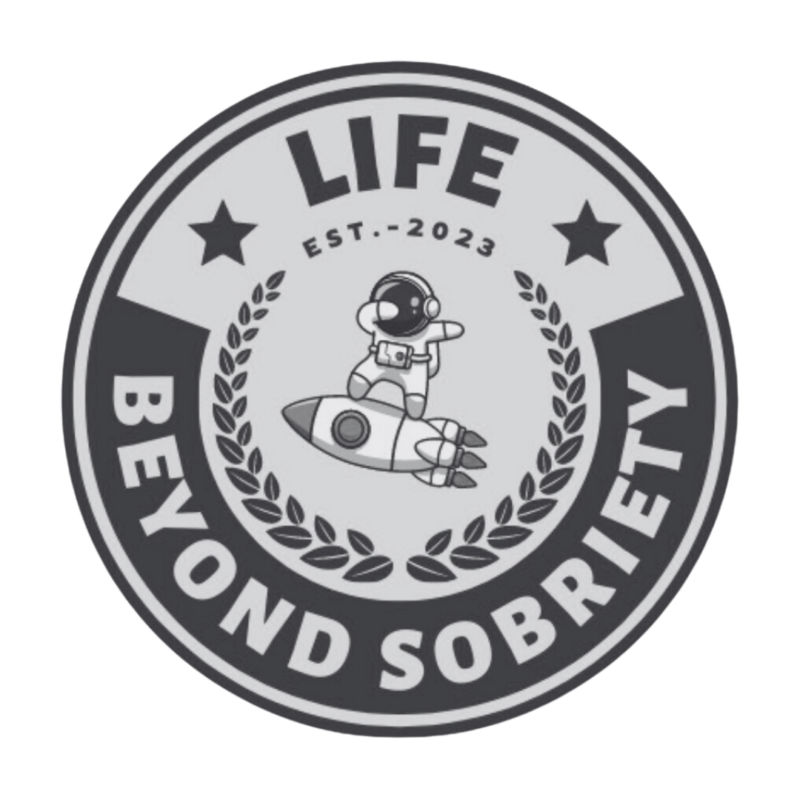Exploring Drug Rehab Options
Ontario Canada drug rehab centers provide a variety of treatment methodologies, catering to the diverse needs of individuals battling addiction. Each center offers unique programs designed to foster recovery and resilience. From urban facilities to those nestled in serene natural settings, the choices are abundant.
While some centers focus on traditional therapy methods, others integrate innovative approaches, blending psychotherapy with physical wellness activities like yoga and martial arts. Such diversity in treatment reflects a growing acknowledgment of the complexity of addiction and the multifaceted strategies needed to achieve lasting recovery.
The Role of a Holistic Approach
A prominent trend among Ontario Canada drug rehab centers is the incorporation of holistic treatment into their programs. This approach aims to heal the whole person, addressing physical, mental, emotional, and even spiritual dimensions of addiction. For instance, Twelve Mile Recovery employs a holistic method, integrating mindfulness and martial arts to enhance emotional resilience and self-discipline.
Holistic treatment extends beyond traditional therapeutic boundaries, often including art therapy, meditation, and nutritional support. This broad spectrum of care aims to empower individuals by not only treating symptoms but also enhancing overall well-being, thereby laying a robust foundation for long-term sobriety.
Personal stories consistently affirm the transformative power of holistic approaches. Individuals frequently describe their journey as not just overcoming addiction but as a profound personal transformation, gaining deeper insights into themselves and their capacities.
Importance of Trauma-Informed Care
Many Ontario Canada drug rehab centers recognize trauma as a significant underlying factor in addiction. A trauma-informed approach ensures that therapy is sensitive to past traumas, creating a safe and supportive environment for healing. This care model is integral in breaking the cycle of addiction, as unresolved trauma often fuels substance abuse.
At Twelve Mile Recovery, trauma-informed care is a cornerstone of their practice. The team understands that addressing trauma is crucial for effective addiction treatment. By fostering a non-judgmental environment and offering therapies tailored to individual experiences, they help clients confront and process their past, making way for genuine recovery.
Evidence-Based Therapies
A significant aspect of many treatment programs, including those at Ontario Canada drug rehab centers, is the use of evidence-based therapies. Cognitive-behavioral therapy (CBT), one of the most prevalent, helps individuals identify and change negative thought patterns, which can significantly reduce the risk of relapse.
Similarly, mindfulness-based therapies teach individuals to focus on the present moment, a skill particularly useful in managing cravings and emotional stress. These therapies are often combined with traditional counseling to provide a comprehensive treatment plan that addresses both the mind’s and body’s needs.
Success stories abound, with individuals attributing their sustained recovery to these scientifically validated therapies that retrain the brain, encouraging healthier habits and ways of thinking.
The Impact of Environment
The healing environment provided by Ontario Canada drug rehab centers can significantly influence the recovery process. A serene, supportive setting allows individuals to focus solely on their recovery, free from everyday stressors and triggers. Centers located in tranquil settings, like Twelve Mile Recovery in Niagara, offer the added benefit of natural beauty as part of the therapeutic experience.
An environment that minimizes distractions and encourages reflection can greatly enhance the efficacy of treatment. Many clients find solace in the calm surroundings, which fosters introspection and personal growth. This peaceful backdrop complements therapeutic practices, leading to deeper personal transformations and sustainable recovery.
Integrating Physical Activities
Incorporating physical activities into treatment programs is a common practice in Ontario Canada drug rehab centers. Such activities not only improve physical health but also promote mental well-being. Exercise triggers the release of endorphins, chemicals in the brain that act as natural mood lifters, alleviating symptoms of anxiety and depression commonly associated with addiction recovery.
Twelve Mile Recovery even includes martial arts as a core component of their program. This not only helps in building physical stamina but also teaches emotional regulation and discipline. Such skills are invaluable, aiding individuals in maintaining sobriety by fostering a balanced lifestyle that values both mental and physical health.
Clients often report increased confidence and reduced anxiety, which are critical components in the recovery journey.
Personalized Treatment Plans
The effectiveness of drug rehab largely hinges on the customization of treatment plans to meet individual needs. Ontario Canada drug rehab centers prioritize personalized care, tailoring their programs to address the distinct circumstances of each client. This personalized approach ensures that treatment strategies align with personal goals and challenges.
At Twelve Mile Recovery, every individual embarks on a journey with a plan crafted specifically for them. This includes consideration of personal history, the severity of addiction, and any co-occurring mental health issues. Personalized care ensures that treatment is adaptable, evolving as the individual progresses through their recovery.
This approach underscores the importance of treating individuals rather than symptoms, creating a pathway to recovery that is as unique as the person taking it.
The Role of Peer Support
Peer support is vital in the landscape of addiction recovery, providing a sense of community and shared understanding. Many Ontario Canada drug rehab centers encourage group therapy sessions, where individuals can share their experiences and learn from others who face similar challenges.
At Twelve Mile Recovery, peer support is woven into the fabric of their holistic approach. This collective environment cultivates empathy, encouraging individuals to draw strength from each other. Such connections are instrumental in reducing feelings of isolation and building a network of support that extends beyond the treatment period.
Empowering stories of recovery often highlight the importance of peer relationships, with many individuals finding lifelong friendships and support systems through these shared experiences.
Leveraging Professional Experience
Ontario Canada drug rehab centers benefit greatly from the professional experiences of their staff. Many centers, like Twelve Mile Recovery, are staffed by individuals who have personal experience with addiction and recovery. Their lived experience offers invaluable insights into the recovery journey, providing hope and relatability for clients.
This profound understanding helps bridge the gap between theory and practice, offering practical advice and empathetic support tailored to real-life challenges. Such staff often serve as mentors, guiding individuals with firsthand knowledge of the obstacles and triumphs encountered in the pursuit of sobriety.
These connections foster an atmosphere of trust and authenticity, motivating clients to embrace the recovery process with confidence and resilience.
Innovative Solutions for Recovery
Innovation plays a crucial role in evolving recovery strategies. Ontario Canada drug rehab centers continue to explore creative ways to engage clients in their recovery journey. Virtual therapies and telehealth have become increasingly prevalent, offering accessibility and flexibility for those who cannot attend in-person sessions.
Such innovations ensure that treatment is accessible to a broader audience, removing barriers related to geography or physical limitations. Centers like Twelve Mile Recovery also explore alternative therapies, integrating technology with traditional practices to enhance engagement and effectiveness.
This adaptability is key, as it aligns treatment with contemporary lifestyles, ensuring rehab services remain relevant and effective in addressing the dynamic nature of addiction.
Accessibility and Affordability
The cost of drug rehabilitation can be a significant concern for many seeking treatment. Ontario Canada drug rehab centers strive to make their services accessible and affordable, offering various pricing models and payment plans. While private facilities may have higher costs, they often provide flexible financing options and accept insurance.
Publicly funded centers, although often limited by long waiting lists, offer cost-effective solutions for individuals without insurance. Canadian healthcare policies continue to evolve, seeking to increase funding and support for accessible addiction treatment services across the province.
Understanding the financial landscape is crucial for individuals considering rehab, and resources are available to guide them in finding affordable and effective treatment options that cater to their specific needs.
How much is drug rehab in Ontario?
The cost of drug rehab in Ontario can vary significantly based on the type of facility and the treatment offered. Private rehab centers often have higher fees, ranging from a few thousand dollars to tens of thousands for a comprehensive program. Publicly funded centers, on the other hand, can be more affordable or even free, but they might come with longer waiting times. At Twelve Mile Recovery, they strive to provide flexible financing options and accept insurance to make their holistic approach accessible. It’s valuable to weigh both the financial investment and the potential for long-term recovery success when considering options. If affordability is a primary concern, exploring insurance coverage or financing plans alongside free resources like community support groups could be beneficial.
What is the wait time for rehab in Ontario?
Wait times for rehab in Ontario can be a challenge, especially in publicly funded centers where they might range from several weeks to months due to high demand. This is a crucial factor to consider when seeking treatment. Twelve Mile Recovery, a private center, typically offers more immediate access to their personalized treatment plans. They understand that timely intervention is often critical in the journey to recovery, and they work diligently to reduce barriers to entry. For urgent situations, exploring multiple options and seeking assistance from healthcare professionals can help navigate the system more effectively.
Is rehab covered by OHIP in Ontario?
The Ontario Health Insurance Plan (OHIP) covers some aspects of addiction treatment, particularly those offered in publicly funded facilities. However, coverage for private rehab centers like Twelve Mile Recovery, which emphasize a holistic, personalized approach, may not be included. It’s advised to check with the center and your insurance provider for specific coverage details. For those seeking rehab without OHIP coverage, exploring additional insurance options or financing plans could provide a feasible pathway. Engaging with a knowledgeable admissions counselor can also offer clarity on what financial assistance or coverage is available.
What is the Canadian Centre for Drug Addiction?
The Canadian Centre on Substance Use and Addiction (CCSA) is a recognized organization dedicated to addressing substance use and addiction issues across Canada. It plays a pivotal role in advancing research, policy development, and the dissemination of best practices for treatment and prevention. While not a treatment center itself, the CCSA provides valuable resources that can support facilities like Twelve Mile Recovery in developing evidence-based programs. Their work often informs the strategies employed by rehab centers, ensuring that individuals receive care that is grounded in the latest scientific understanding. For those in recovery, the CCSA’s findings can be a source of both reassurance and guidance.
How does a holistic approach aid recovery?
A holistic approach to recovery focuses on treating the entire individual rather than just the addiction. At Twelve Mile Recovery, this means addressing physical, emotional, mental, and even spiritual components of well-being. Holistic methods can include practices such as meditation, yoga, and art therapy, alongside traditional therapies. These techniques foster resilience and self-awareness, which are essential for long-term sobriety. Studies have shown that those who engage in holistic programs often report higher satisfaction and improved mental health outcomes. The comprehensive nature of this approach encourages a deeper transformation that supports sustained recovery. Have you considered how a holistic lifestyle might enhance your personal well-being?
What role does environment play in addiction recovery?
The environment in which recovery takes place can greatly influence outcomes. A supportive, serene setting helps individuals focus on healing, free from distractions or stressors. At Twelve Mile Recovery, located in the tranquil Niagara region, the natural beauty and peaceful atmosphere complement the therapeutic process. An environment conducive to reflection and growth encourages deeper personal insights and transformation. This aspect of recovery is often highlighted by those who have experienced both structured environments and chaotic ones, noting that serenity can significantly enhance the healing journey. Consider how your surroundings impact your well-being and recovery process.
Resources
- Centre for Addiction and Mental Health (CAMH) – CAMH is Canada’s largest mental health teaching hospital and a world-leading research center in addiction and mental health. They offer a wide range of resources and information on addiction treatment.
- Canadian Institute for Health Information (CIHI) – CIHI provides data and information on Canada’s health systems and the health of Canadians. They offer valuable insights into addiction treatment trends and outcomes.
- Ontario Government Mental Health Support – The Ontario government provides information on finding mental health support, including addiction treatment services. This resource offers guidance on accessing affordable treatment options.
- Health Canada – Health Canada is the department of the Canadian government responsible for national health policy and programs. They provide information on drug rehabilitation and addiction treatment policies in Canada.
- National Institutes of Health (NIH) – National Library of Medicine – The NIH’s National Library of Medicine is a valuable resource for research articles and publications on addiction treatment and evidence-based therapies.












